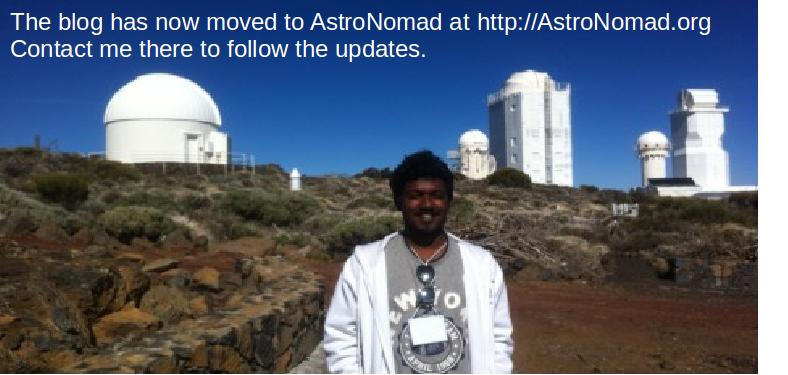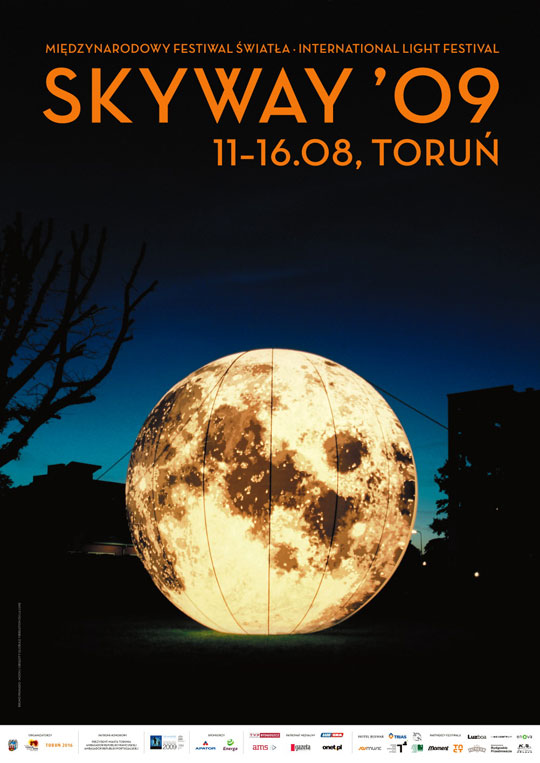The longest solar eclipse of the century or by technical terms, the
37th of 71 of Saros Series 136 took place on the 22nd of July 2009. (I don't post much details of this eclipse as they are already available from
wikipedia and
NASA eclipse site.) We, with our great equatorial location were able to observe a partial solar eclipse. In Sri Lankan time the partial solar eclipse started at about 6.15 am and lasted till 7.20 am local time.
In this post I'll bring you the best captures of the eclipse that we had from Sri Lanka especially from its western and eastern coastal areas. In this case, I should say that the best viewing could be achieved from the eastern coastal of the island as the sun rises from the East. Unfortunately I, myself tried to observe the eclipse and found the sky cloudy as per my location, some 12 km eastwards away from the capital Colombo.
However my colleague
Thilina Heenatigala had observed the eclipse from his Panasonic DMC-LZ8 Digital Camera. Here are some of the images that he has been able to capture.


This one shows how cloudy the sky has been, thus changing the conditions rapidly over the course of

6 minutes. If you are careful, you may still notice the solar image amongst the dark clouds.
The observation data are as follows,
Device : Panasonic DMC-LZ8 Digital Camera, mounted to 14gadge welder’s glass.
Coordinates: 6.8670° N, 79.9830° E
Time:06: 45 - 07:20
Location: Athurugiriya, Colombo, Sri Lanka.
(GMT/UT+ 05.30, EST+9.30)
Moreover there had been observations of the solar eclipse from the Arugam Bay, located in eastern coastal area of Sri Lanka. In fact Shehal Joseph was able to have some good but rare observation. Please find his achievements at
http://www.kanabona.com/kanabona/?q=node/10221Now you may see below how his eclipse images look like. As per my belief, I am sure these are the best eclipse images taken in Sri Lanka recently.


You can see how beautiful the images really are, as sun is being silhouetted by the moon. The image to the left is awesome with its background which features a coconut tree in the beach ( may be a Palmyra palm) . Here are the optical data about the equipment that Shehal used.
- Camera: Canon EOS 50D
- Lenses: Canon EF-S 18-200mm, Opteka 500mm Mirror Lens, Celstron NexStar Telescope
- Filters: InfraRed, h-alpha
- EXIF data available on Photos

You can see how Shehal's hand is lit by the telescopic image of the eclipse.

Full credits go to Shehal for providing us with such amazing images. In fact he had a long way to Arugam Bay traveling from Nugegoda, Colombo, where he is generally located. Please do feel free to visit his site
kanabona and the
gallery of images here at
http://gallery.kanabona.com/main.php?g2_itemId=28502Guys, now let's move on to see what Deshan Chanaka had witnessed. His observations were from Kannawila area, Horana. H L Deshan Chanaka de Silva (එච්. එල්. ඩෙෂාන් චානක ද සිල්වා) is the blogger at
http://mageahasa.blogspot.com/ and you can see his observations at
http://mageahasa.blogspot.com/2009/07/blog-post_22.html

Deshan's location was bit cloudy and the above are the images that he had captured during the eclipse session. Analyzing all the above attempts, I feel that Arugam Bay (Eastern Coastal Area) was the best location that Sri Lanka had for observing the eclipse. Shehal says in his site that he had gone through the meteorological data taken from the satellites in determining the best location, in which he succeeded.
That's the updates that I have at the moment on the eclipse and will update you guys as soon as I reach the news,
Don't forget to recall the memories of the previous solar eclipse on 26th January 2009 and I have already published an article about the
solar eclipse at
http://www.iya2009sl.blogspot.com/2009/01/partial-solar-eclipse-salos.htmlMore over we are looking forward to the total annular eclipse on 15th January 2010. This will be visible from the northern areas of Sri Lanka, especially for the areas from Jaffna to Anuradhapura. You may also visit the
eclipse 2010 blog I've set up for this cause at
http://2010eclipse.blogspot.com/Visit
Google Maps to get the locations of the Observations here :
http://maps.google.com/maps/ms?ie=UTF8&hl=en&vps=1&jsv=169c&oe=UTF8&msa=0&msid=117780149433056460395.00047029ee44d7a976e47 the heroic efforts needed to save the crew.
the heroic efforts needed to save the crew. 



















